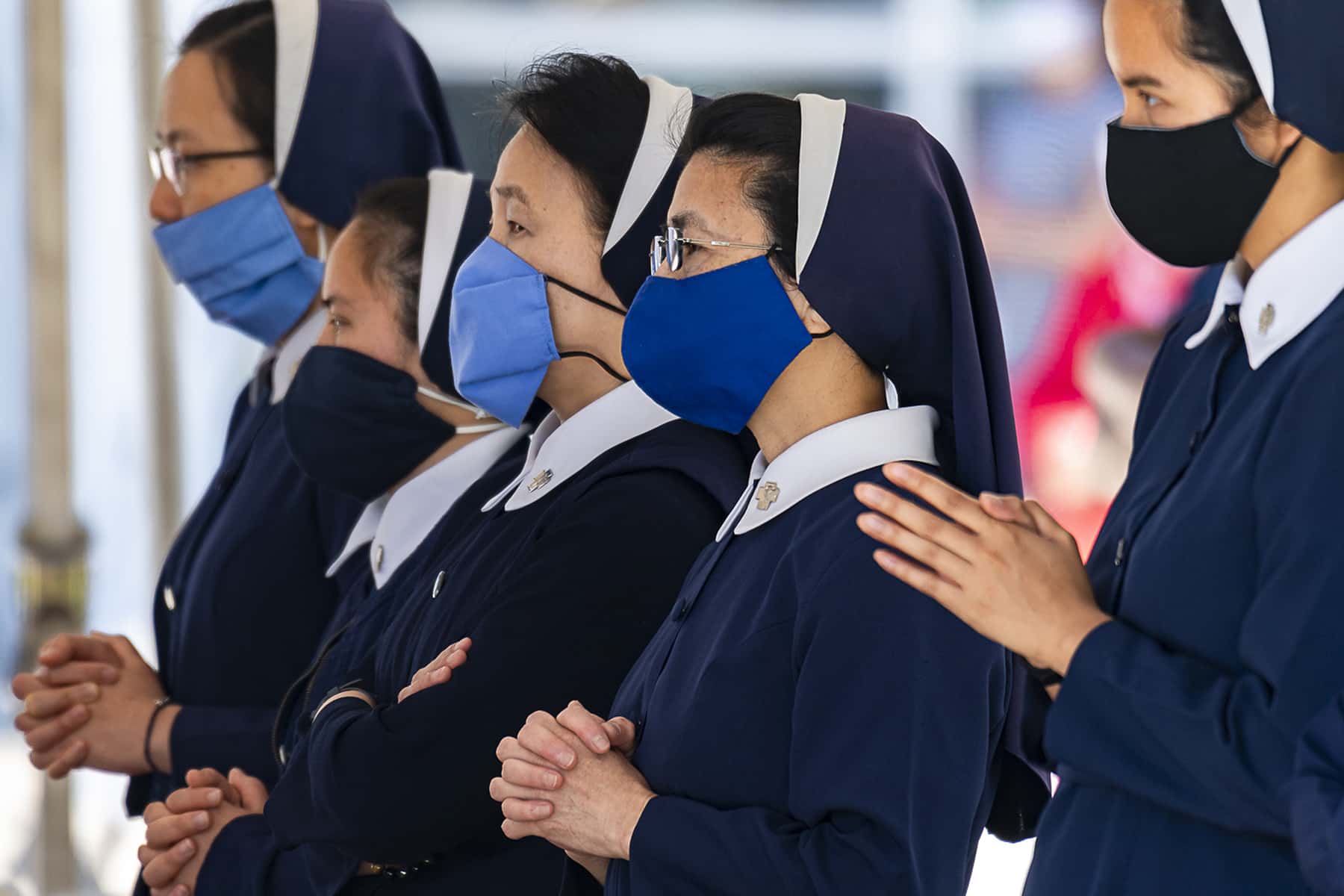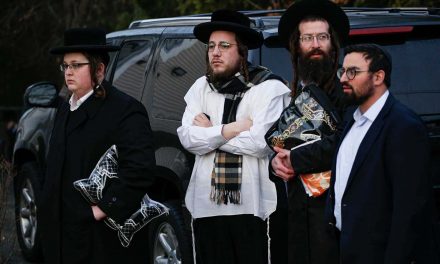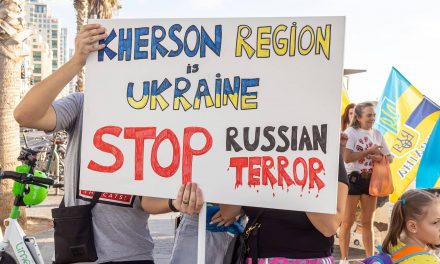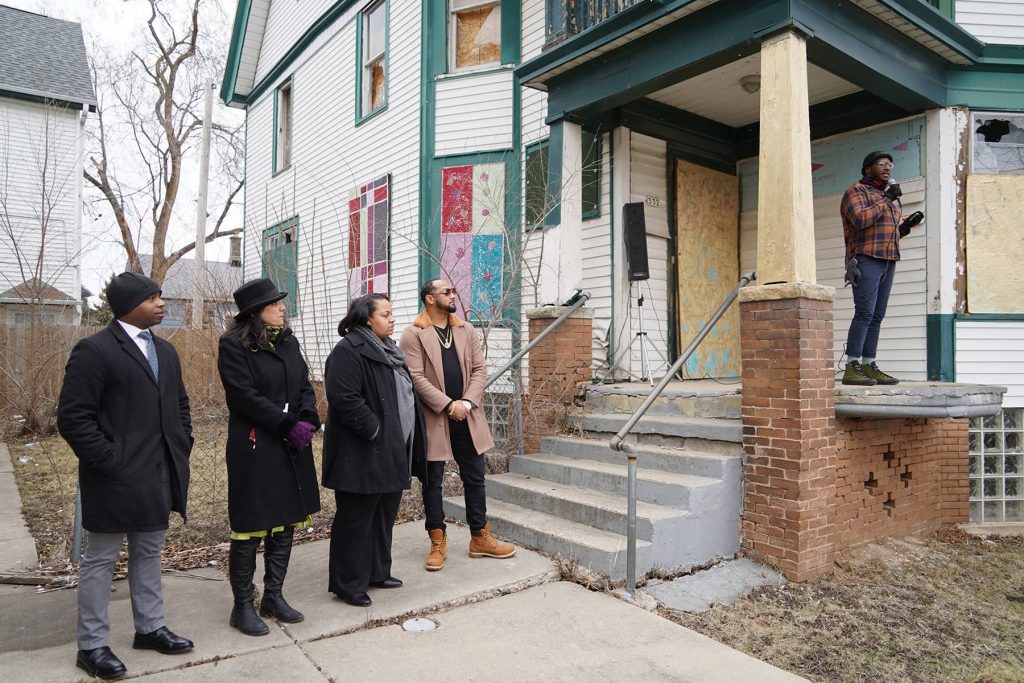
By Melissa Hawkins, Professor of Public Health, Director of Public Health Scholars Program, American University
Mask mandates do not violate the First Amendment’s protections for freedom of speech or assembly, as I wrote previously in the article “Mandatory mask ordinances designed to protect public health do not violate the Constitution.” But a recent lawsuit filed in Florida, Tillis v. Manatee County, raises a different question: Do mask mandates violate the free exercise of religion?
The answer is no. No matter what you believe or why you believe it, the First Amendment guarantee of freedom of religion, known as the Free Exercise Clause, does not exempt you from a public health requirement to wear a mask.
Interferes with praying
In the Tillis case, the claim is that a mask mandate “should not apply within churches, synagogues and other houses of worship because it interferes with the ability to pray.” The lawsuit, filed by Rev. Joel D. Tillis and Florida State Rep. Anthony Sabatini as Tillis’ attorney, challenges a mandate imposed by Manatee County. The plaintiffs allege that masks make “it more difficult … to preach and for members of the choir to sing.”
Courts typically assess freedom of religion claims based on the Free Exercise Clause, using what constitutional lawyers call the “rational basis” test. As Justice Antonin Scalia wrote for the Supreme Court in the 1983 case of Employment Division v. Smith, laws that do not intend to single out religion but instead apply widely must be “rationally related” to a “legitimate” governmental interest to be constitutional. By design, that test is highly deferential to the government. Only rarely will the government fail to pass it.
If we assume that a mask mandate applies to everyone and is not intended to single out religion or people of faith, then the government’s undoubted interest in protecting public health will almost certainly satisfy the rational basis test. Alternatively, many states, including Florida, have passed “Religious Freedom Restoration Acts,” which typically require courts to use a much more rigorous standard of review, a standard called “strict scrutiny,” in free exercise cases.
Under this test, a court will require the law to further a “compelling governmental interest,” and the law must be “narrowly tailored” to achieve that interest. This is a much more demanding test than the rational basis test, and puts a much higher burden on the government to justify the law in question.
Compelling state interest
Which test a court will use thus depends on whether the claim is that a mask mandate violates the First Amendment to the federal Constitution or that it violates a state constitutional guarantee of religious freedom. The lawsuit filed by Rev. Tillis, for example, complains only that the mandate violates the Florida State Constitution.
Which test applies also depends on what the lawsuit claims. If the suit alleges a violation of the First Amendment, a court will ask if the mandate has a rational basis. If the lawsuit alleges a violation of a state Religious Freedom Restoration Act, a court will ask if the law is narrowly tailored to further a compelling state interest.
As I wrote previously, courts are very likely to rule that mask mandates do advance a compelling state interest – the protection of public health – and do so in a way that minimizes the restriction on the constitutional right involved, whether of speech or religion.
Face masks, for example, are far less burdensome than stay-at-home orders or quarantines. Mask mandates that are carefully drafted and that indicate where, and when, the mandate does not apply, such as exemptions for situations where masking is impossible, like swimming or eating or in dental offices, are very likely to pass strict scrutiny.
Consequently, whether a court uses the more demanding strict scrutiny test or the less demanding rational basis test, the result will probably be the same. In the end, religious objections to masks are no more a constitutional obstacle to mask requirements than are objections grounded in free speech.
Lеоnаrd Оrtіz
Originally published on The Conversation as Freedom of religion doesn’t mean freedom from mask mandates
Support evidence-based journalism with a tax-deductible donation today, make a contribution to The Conversation.













